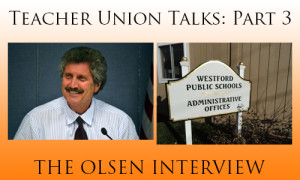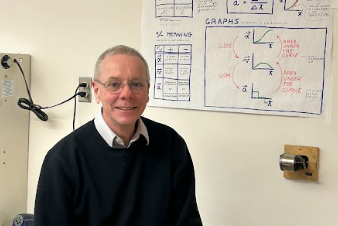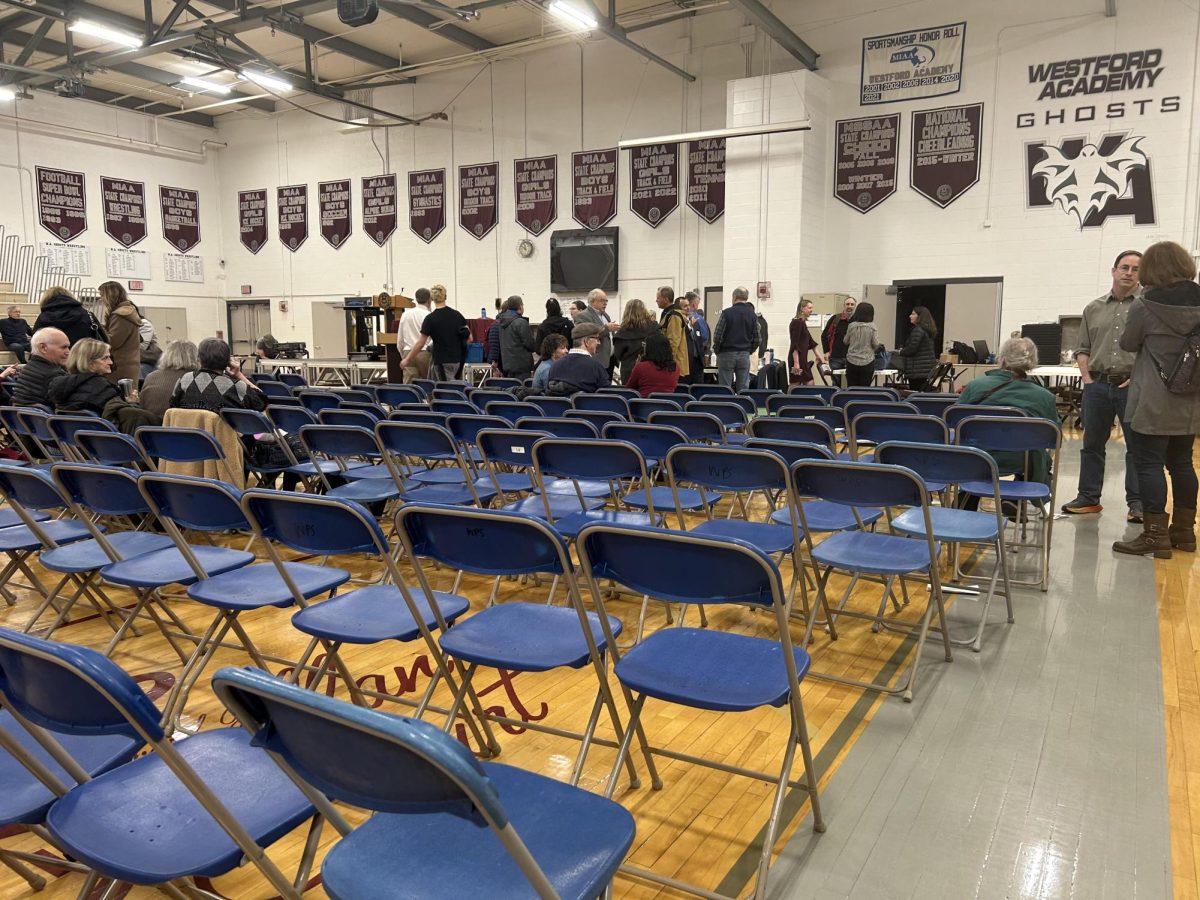 This is part three of a three part investigative report on the upcoming teacher union negotiations. Part 1 summarized previous negotiation talks and the paradox found between Westford’s recent accomplishments in the face of below average school statistics such as the per pupil expenditure. Part 2 summarizes and analyzes the teacher union’s point of view and their most pressing concerns for the talks. Part 3 deals with the roles of the School Committee and Superintendent Bill Olsen in the talks.
This is part three of a three part investigative report on the upcoming teacher union negotiations. Part 1 summarized previous negotiation talks and the paradox found between Westford’s recent accomplishments in the face of below average school statistics such as the per pupil expenditure. Part 2 summarizes and analyzes the teacher union’s point of view and their most pressing concerns for the talks. Part 3 deals with the roles of the School Committee and Superintendent Bill Olsen in the talks.
By Andy Dunn
Staff Writer
Superintendent Bill Olsen wants to stop “the revolving door” that the Westford School System has appeared to be these last few years.
Due primarily to the salary and health-care contribution rate, employees have been leaving Westford for other districts that are more competitive in pay. According to Olsen, Westford has lost eleven staff members to other schools in the last two years.
Olsen has grown to echo Westford Education Association leader Jason Humphrey’s argument that Westford is not sustainable unless staff salaries become more competitive.
“Whatever the School Committee agrees to needs to represent the students and employees well,” Olsen remarks. “Fair wages and benefits are extremely important…The upper salary levels, from midway on through the contract, we do not do as well competitively. That’s a real issue we have talked about the last five or six years.”
His biggest fear is that Westford will continue to lose staff. “We absolutely need to make sure our salaries are more competitive,” he says. “Not only teacher salaries but also administrator salaries.”
The process of bringing in new staff, training them, and watching them go is unsustainable for Westford according to Olsen. The concept of a “portal to portal economy” is moving to become commonplace in the public sector, where people “move multiple times to places they have better salary and benefits,” he says.
But, if the teachers were to receive a pay increase, the money has to come from somewhere. Olsen says “you need to be realistic in terms of what other school system are offering. But also, there has to be a realization as to what the town can afford to pay. You try to look at the needs as expressed by the staff members in negotiations and ask how do you make this all fit.”
Another major concern is the health-care contribution rate. Westford’s contribution rate of 65% pales in comparison to a survey Olsen conducted several years ago, where he found the average rate among nearly 100 communities of about 76%.
“In some cases a person can go to another community, and based on the health insurance cost alone, can earn another thousand dollars,” says Olsen.
On the nature of negotiations overall, Olsen calls it “one of the most difficult part of the job.” The teachers, staff, Superintendent, and School Committee all “work with each other day in and day out, then, all of a sudden, because some people use salary as a measure of how much they are respected or appreciated, it becomes a difficult situation.”
“It’s always in the interest of both parties to have as smooth and respectful negotiations as possible,” Olsen says. “Respect and mutual understanding is necessary in the negotiations process.”
School Committee Chairman David Keele was not available at time of publication for part III. An additional upcoming article is planned to talk with Keele about his role and the School Committee’s stance in the negotiations.












